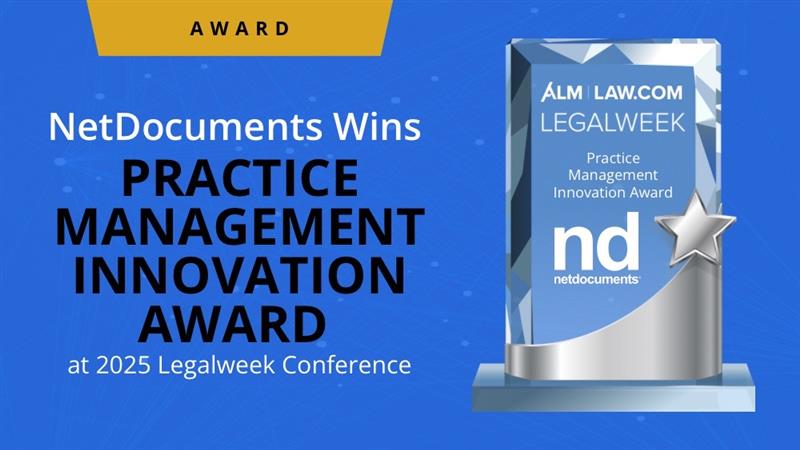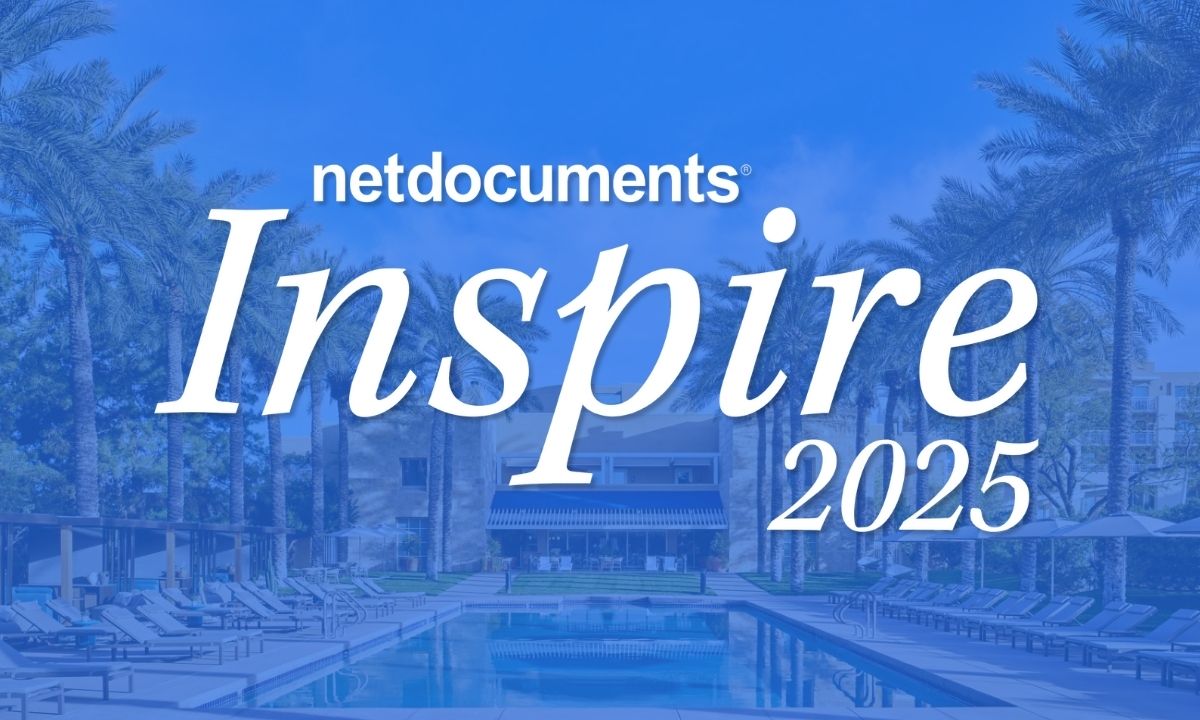
Blog
Get Organized: Are Your Digital Documents Easy to Find?

Organization makes all the difference. While most people are still able to comprehend text when words are scrambled, an organized approach can certainly make it much easier, and far less frustrating.
Let’s take a look at what it means to have an organized approach. Webster defines organization as “the act or process of putting the different parts of something in a certain order so that they can be found or used easily.” What’s important about the definition is that it implies flexibility. In businesses dealing with vast amounts of information, what that looks like for one group might not be the same for another.
In our fast-paced digital climate, it is not logical (or wise) to view organization with a one-size-fits-all mindset, nor should technology providers approach it from that angle. Corporations and their respective legal departments, as well as private practice areas, and agencies within the public sector, have varying circumstances and business requirements. No two situations are ever quite the same. When it comes to organizing information, it is essential for teams to have options that best fit their unique ecosystem and needs while setting them up for long-term success.
The Consequences of Bad Organization
Here’s what can happen when companies fail to prioritize an organized approach to information management:
- Difficulty Collaborating: With disorganized documents and data, legal departments experience challenges collaborating and communicating effectively with internal business clients and supporting each unit’s needs and priorities. This also makes it difficult for business units to have a clear understanding of how the legal team operates and what types of time frames and expectations for legal requests are reasonable.
- Busy Work: Projects or matter work can easily get bogged down when efforts are focused on tirelessly searching for documents and emails. This can be frustrating for the individual who wants to spend time on more meaningful, high-value work. And in a scenario where outside counsel is billing by the hour, clients could be absorbing the high cost of inefficiencies within the law firm.
- Lower Productivity: Switching between tasks when information is unorganized takes you out of the flow of your work. This impedes productivity and increases opportunities for errors.
- Security Risks: A lack of organization can lead to a wide range of security issues, particularly in highly regulated industries, government, and the legal space, where they are entrusted to keep sensitive information secure and confidential — and it their legal and ethical obligation to do so. Organized operations have processes and policies in place that efficiently manage version control and access permissions.
- Failed Employee Expectations: Technology is advancing by the minute, and each new generation is more tech savvy than the last. Companies that don’t invest in user-friendly technologies and prioritize ease of access will miss out on competitive advantages and fail to meet employee expectations. This can result in low morale, employee churn, and reduced momentum for the company as a whole.
Whether a legal department, law firm, or government entity lacks well-organized workflow processes or secure, digital collaboration capabilities, the consequences have a rippling effect. A lack of organization can greatly impact customers, client matters, and employees. The cost of doing nothing is very high.
How Does a Business Get Organized?
The first step toward a more productive path is to identify what processes and systems are lacking within your business. Many companies have information stored across multiple content management systems and individual devices. This is not only difficult to manage, but also increases the risks associated with security and privacy regulations. Traditional legacy document management systems often struggle in this area because they were not designed to easily adapt and keep pace with the changing needs of the industry. In addition, they generally lack the capabilities to integrate with emerging technology advancements, which is a key requirement of effectively communicating across platforms.
Imagine a legal document management platform purpose-built to keep documents stored accurately and securely, enabling easy search and collaboration capabilities for a seamless user experience. That’s what the NetDocuments’ ORGANIZE solution offers. NetDocuments is the #1 trusted cloud platform where legal professionals do work. As the leading cloud-first, cloud-only solution to store, organize, and collaborate on your documents, emails, and discussions, users can work securely with internal and external stakeholders, anywhere in the world, on any device.
Get Organized with NetDocuments
NetDocuments, understands the importance of an organized approach. For over 20 years, we have carefully listened to the pain points of our customers to inform our roadmap. Customization and flexibility are essential. Our ORGANIZE solution offers industry-leading capabilities to give any in-house legal department, government entity, or law firm fast, secure access to business information, anytime, anywhere.
NetDocuments has all the features and capabilities to keep your teams organized. We proudly offer a flexible and intuitive DMS with a robust search engine to find exactly what you need, when you need it. Are you ready to get organized with NetDocuments? Let’s talk!
Want to read more? Explore our Case Studies to see how we have helped organizations on their digital transformation journeys.
Topics
Share
More from the blog
-

- Blog
NetDocuments Wins Practice Management Innovation Award at 2025 Legalweek Conference
NetDocuments is proud to announce a new accolade for our intelligent…
-

- Blog
Ready-to-Go AI Apps for Legal Use Cases Available Now in the New ndMAX Studio
Legal professionals are looking for smarter, faster, secure ways to harness…
-

- Blog
AI-Driven Legal Tech Trends for 2025
With 79% of law firm professionals now incorporating AI tools into…
-

- Blog
Convincing Corporate IT That Legal Really Is Different: Making the Case for Corporate Legal Department Software
Explore the unique challenges legal operations leaders face in advocating for…
netdocuments


